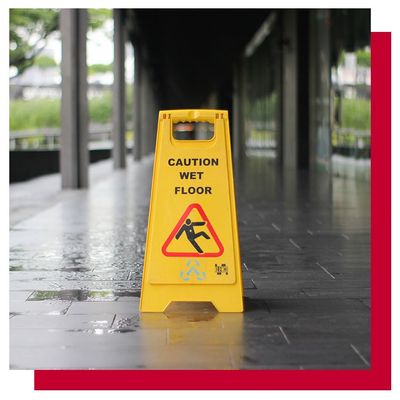PREMISES LIABILITY
Slip & Fall Attorneys in Atlanta, Georgia
What’s Required for a Successful Premises Liability Case
There are certain thresholds a plaintiff’s case must meet for a slip and fall case to be successful. These laws, which are generally intended to protect property owners from fraudulent or frivolous lawsuits, put situational burdens of proof on the plaintiff and their attorneys.
In order to prove negligence, you need to be able to show:
The property owner failed to take steps fix the unsafe conditions and prevent an injury
For example, if you are renting a home with a pool and you break the light in the pool and are then shocked as a result of the damage you caused, you wouldn’t be able to file a successful premises liability claim.
If you can prove that you broke the light in July and immediately told the property owner, who failed to fix the light, and then you were electrocuted in August, you may have a case. In that example the owner knew about the damage and failed to fix it for two months. The defense may also try to argue that you should have known the pool was dangerous, but you used it anyways, in which case there’d be comparative negligence.
